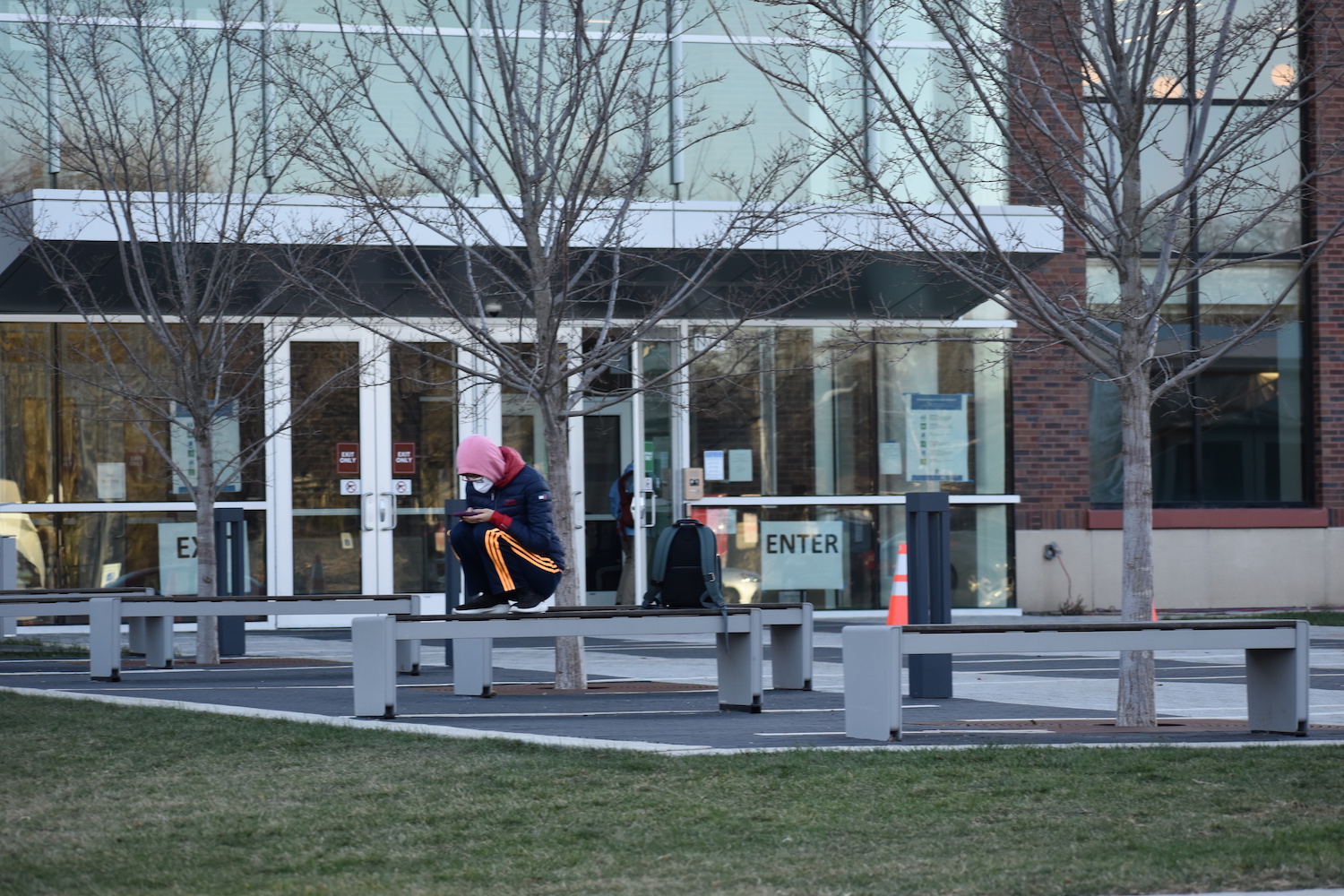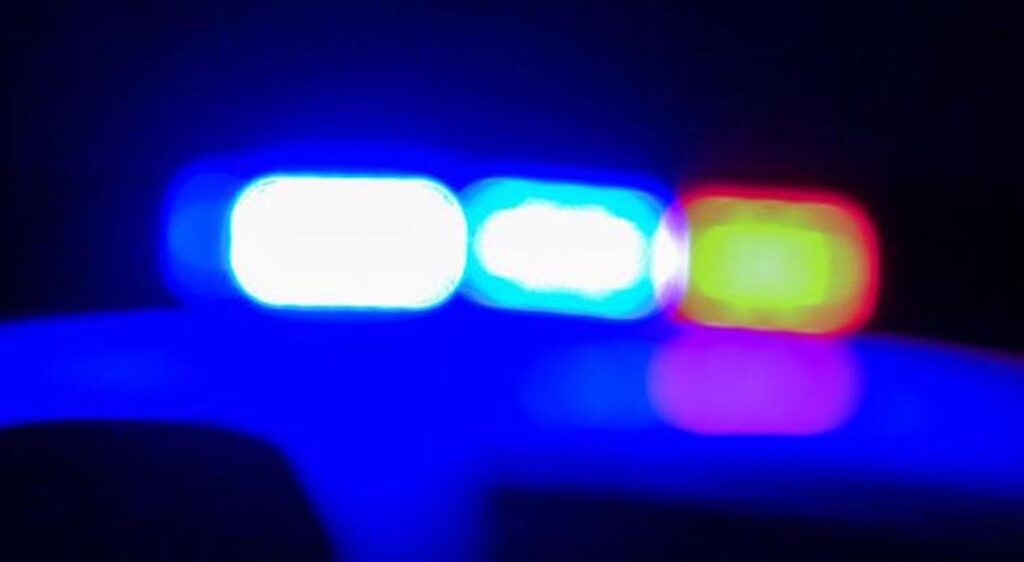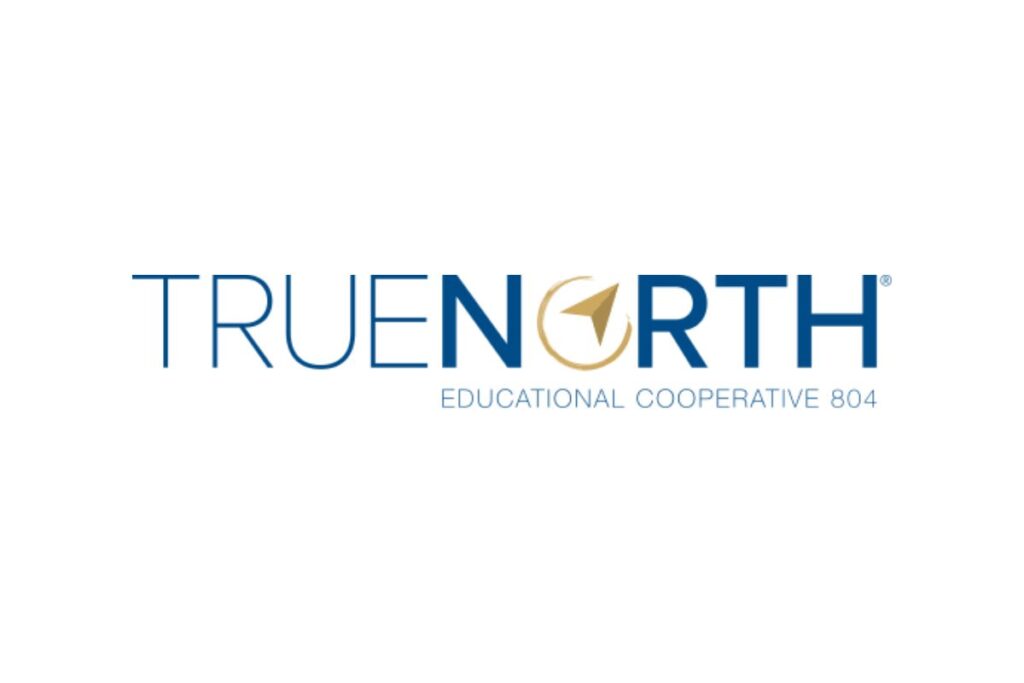
New Trier’s new ‘class teams’ put more resources around struggling students
Over the past few years, reports have come in throughout the country of students struggling with mental health, chronic absenteeism, stress and other challenges.
New Trier High School students are not exempt from those challenges.
Denise Dubravec, Winnetka campus principal and assistant superintendent, described in a memo to the board that the district has “observ(ed) a notable rise in students accessing social work services and an increase in hospitalizations related to mental health concerns. Furthermore, we have noticed a decline in student resiliency within our school community.”
In one effort to combat those challenges, school officials have revamped New Trier’s leadership structure and created groups designed to identify struggling students and quickly deploy resources to them.
Key members of what are known as the “graduating class teams” were introduced to the New Trier Board of Education at its regular meeting on Monday, July 10.
In addition to an adviser assigned to every student, each graduating class will now have its own assistant principal, adviser chairs, school social worker, school psychologist, post-high-school counselor, and other dedicated staffers.
“These teams serve as a centralized resource, providing support for all students within the graduating class throughout their time at New Trier by closely monitoring students and engaging in frequent communication with students, families and teachers,” Dubravec said at the meeting. “These teams will enhance our ability to address needs effectively.”
The graduating class teams officially started on July 1, and members spoke to the board about how they plan on accomplishing their goals.
Chris Mitchell, associate principal for student services, said the teams will take a tiered approach with how to work with students. The graduating class teams reportedly will have weekly meetings where they will discuss students who may be struggling by speaking with advisers and teachers who regularly interact with that student.
“I’m excited to see how this is implemented. Change was necessary, as our students were showing us. They maybe were not asking for graduating class teams, but we needed to do something, and I think this has a lot of potential.”
Jean Hahn, vice president of the New Trier School Board
Mitchell specifically highlighted the first tier of support, which includes looking for warning signs that a student is struggling. Those warning signs may include challenges with academics, behavior or social emotional learning.
The goal, he said, is to work to help that student.
“It’s not an all-hands-on-deck, let’s go, overwhelm the kid with how much support we’re going to give them because they made a mistake,” he said. “It’s watching the trend and making sure none of these kids fall through the cracks.”
They also don’t want a student to be “silently struggling,” he said.
“If we start to have some communications with our advisers and other teachers and things like that, the student’s going to know that people are watching, people are caring about them,” Mitchell said. “Hopefully that will help connect with their belonging to the school.”
Should interventions on the first tier of support prove ineffective, the graduating class teams will move on to second- and third-tier interventions.
Gail Gamrath, associate principal of the Northfield campus, said some of these interventions are academic-based, such as strategic studies, which teaches study skills to freshman students, in addition to classes such as strategic reading and math.
Gamrath said students in these classes are identified prior to coming to New Trier by working with the junior highs in the township.
Sarah Struebing, assistant principal for the class of 2025, highlighted some of the student services-focused interventions, such as social workers and a check-in/check-out strategy, where a student will meet with an adviser chair at the beginning and end of the day.
Additionally, Struebing said they plan on working with students with behavioral issues to create “accountability projects.”
“We’re trying to find out ways other than suspension and detention to really support them and get out of those behaviors instead of just having them re-offend,” she said.
Communication with parents will also be an important aspect of any plan for students.
In response to board questions, Superintendent Dr. Paul Sally said a formal update on the progress of the graduating class teams will be presented at the end of the first semester, but informally it will likely be brought up before then.
“I also suspect we’re going to hear about it often and that’ll just sort of come up naturally with things that we’re talking about because this intersects with a lot of things that are happening in the school,” he said.
Board Vice President Jean Hahn said she’s looking forward to seeing how the teams adjust to their new roles.
“I’m excited to see how this is implemented,” she said. “Change was necessary, as our students were showing us. They maybe were not asking for graduating class teams, but we needed to do something, and I think this has a lot of potential.”
The Record is a nonprofit, nonpartisan community newsroom that relies on reader support to fuel its independent local journalism.
Become a member of The Record to fund responsible news coverage for your community.
Already a member? You can make a tax-deductible donation at any time.

Peter Kaspari
Peter Kaspari is a blogger and a freelance reporter. A 10-year veteran of journalism, he has written for newspapers in both Iowa and Illinois, including spending multiple years covering crime and courts. Most recently, he served as the editor for The Lake Forest Leader. Peter is also a longtime resident of Wilmette and New Trier High School alumnus.


